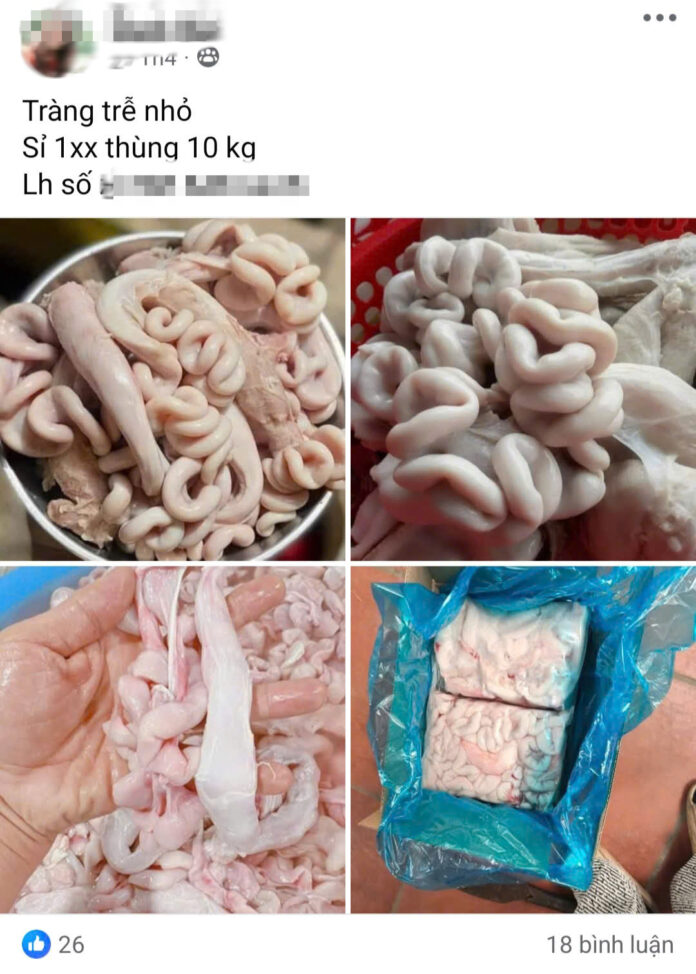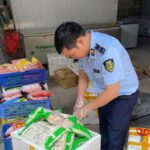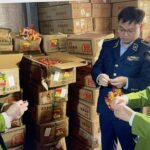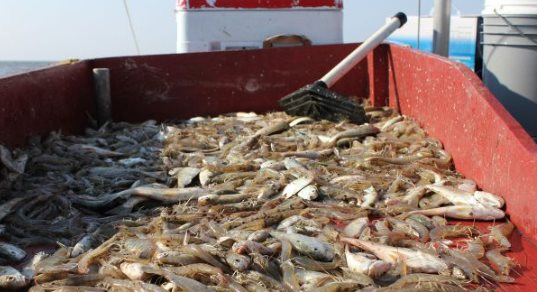Lòng xe điếu has become an unexpected hot topic on social media recently, with many questioning why this ingredient is rarely seen in traditional markets, yet abundantly served in restaurants and pubs, sometimes at premium prices.
The obscure origin of lòng xe điếu has sparked concerns among consumers, with suspicions that it might not be fresh domestic produce but rather imported frozen food that has been pre-processed and frozen. A well-known chef even offered a reward of one billion VND to anyone who can provide fresh and authentic lòng se điếu directly from the butcher. This incident has brought to light the murky origins of many other animal offal products sold in the market, especially on online platforms, leaving buyers clueless about their traceability.
According to Báo Người Lao Động, numerous online communities specializing in frozen food trading have emerged, with hundreds of thousands of members actively participating in daily transactions. Groups such as “Tổng kho thực phẩm đông lạnh” (149,900 members), “Chợ đầu mối hàng đông lạnh” (170,000 members), “Thịt heo đông lạnh” (110,000 members), and “Hàng đông lạnh” (90,000 members) are bustling with activity.
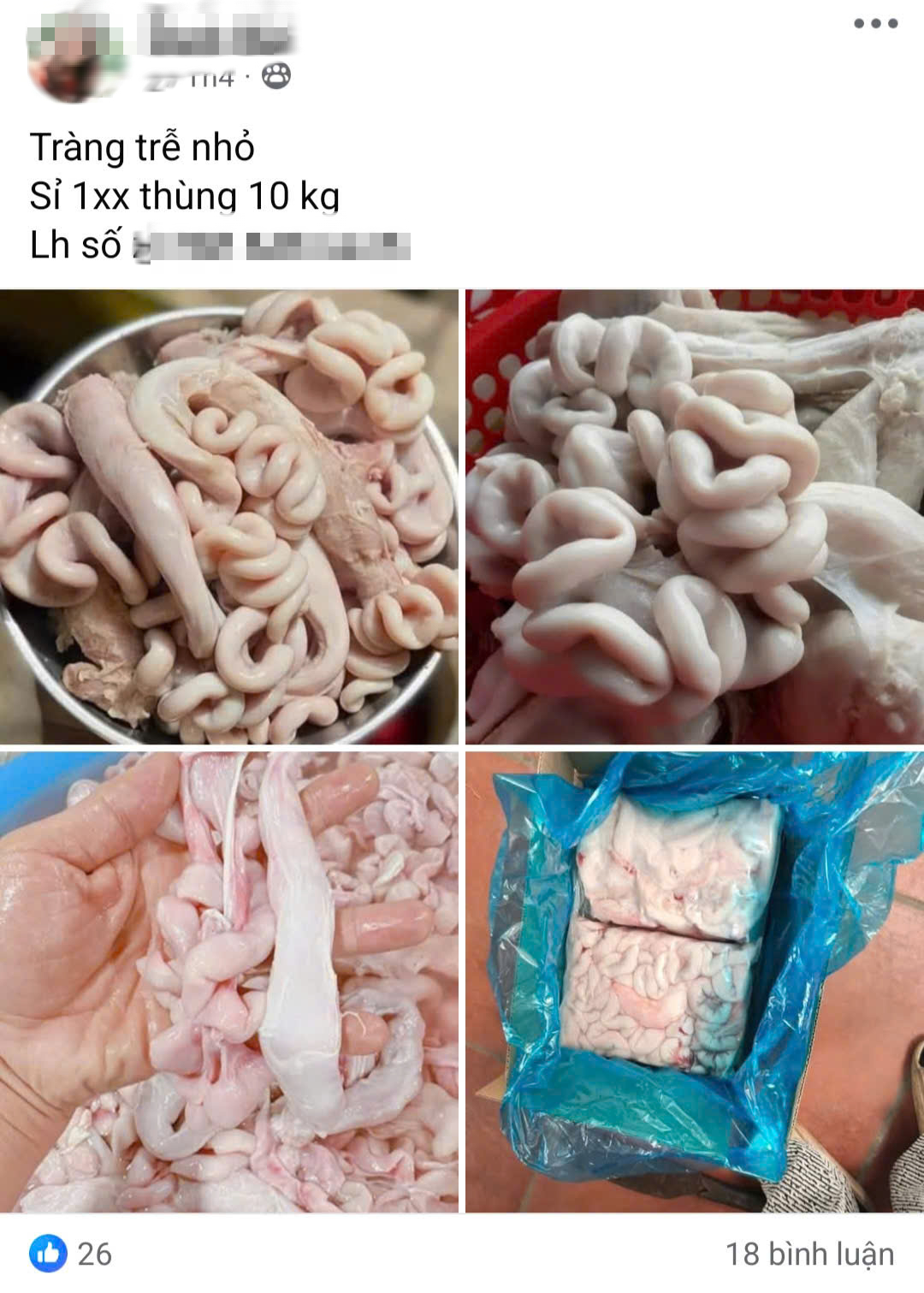
An abundance of pork offal being sold on online markets
In one group with over 150,000 members, a seller named Trần Thị Thủy advertised pork soft bone at a discounted price. The current rate is 117,000 VND/kg for orders of 50 kg or more, and it can go down to 114,000 VND/kg for purchases of 100 kg or more.
Various other types of pork offal are also commonly sold on online markets at competitive prices. Pork throat (with stalk) is priced at 102,000 VND/kg for a 50 kg order, pork intestine at 129,000 VND/kg, pork stomach at 107,000 VND/kg, and pork tail at 89,000 VND/kg, depending on the quantity purchased.
Ms. Thủy shared that the products are sourced from various suppliers, both domestic and foreign. The larger the order quantity, the more favorable the price.
In the group “Nguồn sỉ hàng Đông lạnh, thực phẩm nhà hàng giá xưởng,” Ms. Nguyễn Minh, a distributor in Ho Chi Minh City, offered competitive prices for frozen goods due to bulk purchasing. For instance, boneless chicken feet are priced at 90,000 VND/kg for a 5 kg order, decreasing to 84,000 VND/kg for 50 kg and 82,000 VND/kg for 100 kg or more.
Whole salted free-range chicken ranges from 102,000 to 94,000 VND depending on the quantity. Mid-joint chicken wings are priced at 86,000 VND/kg, dropping to 78,000 VND/kg, while salted chicken eggs are sold at 70,000 to 62,000 VND/kg.
Other products, such as pork ribs and belly pork, are also available at discounted rates. Additionally, items for hot pot, such as fish balls, beef balls, squid, shrimp, and snails, are sold with complete invoices. However, free delivery is only offered for orders above 70-80 kg.
A representative from an import-export company in Ho Chi Minh City shared that frozen foods, especially animal offal like lòng, nầm, and chicken feet, are usually imported at very low prices. This is because these products are less favored in foreign markets, so suppliers aim to clear their stock quickly by offering them at bargain prices to other markets.
Regarding the quality of frozen foods, the representative emphasized that it cannot be determined solely by sensory evaluation and requires inspection by authorities. To ensure food safety, it is crucial for officials to tighten control from the import stage, demanding businesses to disclose product origins, expiration dates, storage conditions, and implementing electronic traceability stamps.
Furthermore, unexpected inspections at cold storage warehouses, wholesale markets, and retail outlets should be enhanced to prevent the circulation of unclear-origin and low-quality food products in the market.
The Culinary Conundrum: A Taste of Deception
“A dish that was once deemed exquisite has now awakened us to the habit of trusting in the embellished notion of rarity and expense. “
The Pre-Tet Rush: Illicit Contraband and Food Safety Concerns
In recent times, market management forces across various provinces in the country have uncovered thousands of tons of smuggled food products with unknown origins.

